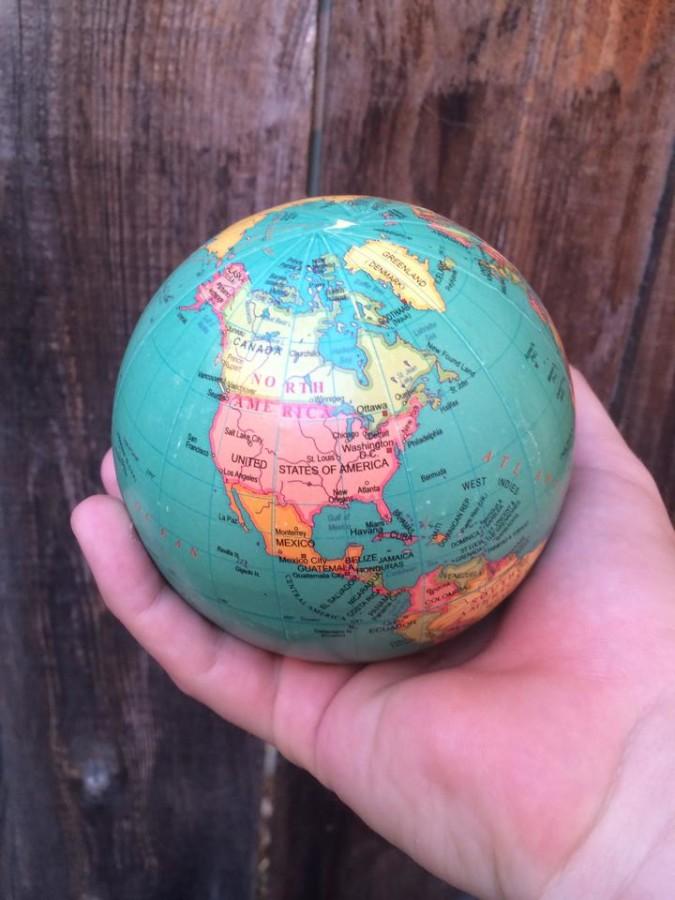By Erich Allen
Staff Writer
If you’re undecided as to what major to declare at CSUSM, or if you already have, I encourage you to pursue a degree in history.
History as a discipline is critical in the analysis of self-identity, and facilitates the building of tools required for any and every investigatory task. It also effectually operates as a compilation of all human activity and discovery; therefore, as a practice it delves into all regions of academia.
Everyone likes history, because everyone does history. This is not a reference to the proverbial “You make history, everyday” trite. Historiography, the process of doing history, is the process of evaluating the relevant information regarding a specified topic for the purpose of building an argument. One analyzes the primary evidence (sources from the time period) and the secondary evidence (investigations by scholarly experts) so as to develop a complete and thorough conclusion. That’s all history entails: making arguments based off of the evidence. But the possibilities are endless, as history is not merely the study of what happened, but why it happened.
We frequently use this process in our own lives. For example, if I want to understand why I received a poor grade on an written exam, I review the questions I got wrong, areas of the study guide or textbook that I overlooked, and my own notes (primary), as well as professor comments and/or input from fellow students who received better scores (secondary).
History is a tool by which we discover ourselves. Our individual identity is most completely established with a structured analysis of our decisions, worldview and the actions that have occurred within or without our control. To understand these things, we may initially make assertions based in the present, but we ultimately always delve into the past to substantiate those assertions. We look at the big events in our lives, such as a significant award, an act of compassion by friends, a breakup, council from trusted advisors, getting hired for a job, an ideological revelation or winning/losing a game. History is investigating what lead up to those events, and how those events affect us now. Understanding these causes and effects
makes one a master of themselves by strengthening their capability to assess their own thoughts and actions to prepare a better approach to future situations.
If one then uses this process for broader applications, they can become masters of their own peripheral reality through understanding. The same historiographical process that one uses on oneself can be applied to the entirety of human history. It is this aspect that elevates the historian (which any of us can be) to the position of academic mastery, a scholastic jack-of-all-trades. History, in relation to the past, is the culmination of all human thought and action. The entirety of human experience is open ground for investigation, and indeed is necessary for a complete understanding of why the world is the way it is. Thus, history entails every academic discipline in the human intellectual arsenal. From political science to chemistry, literature to cartography, all is relevant and necessary for a complete and thorough study of the past. History is a smorgasbord of knowledge, a buffet of information, the seven-layer dip of the intellectual diet. It makes one a master of themselves as well as the world around them. Because of its profound potential for understanding through application, history puts the world in one’s hands, which is why I urge you to consider majoring in history.


